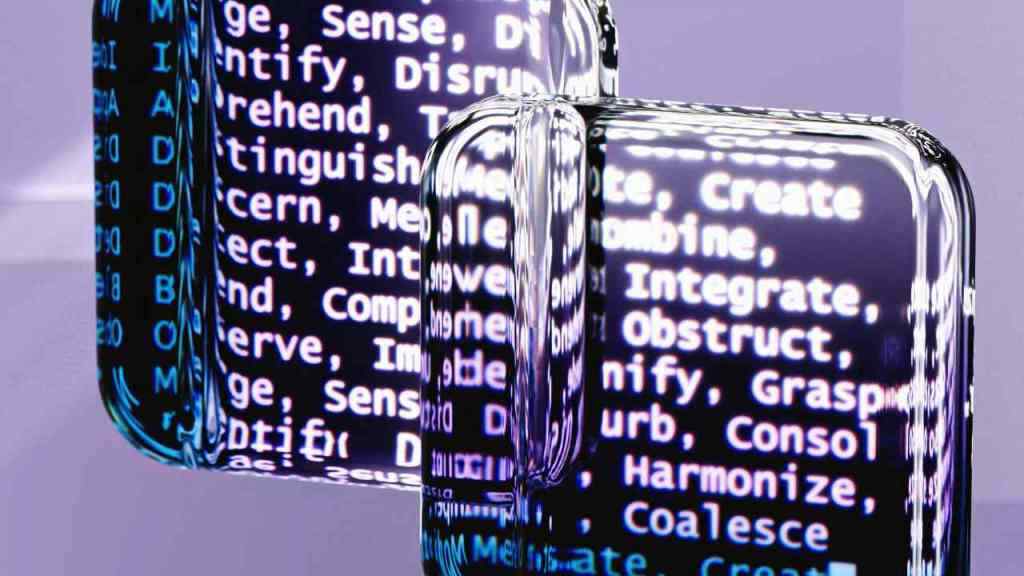Dee Snider on AI: A Rockstar’s Take on the Future of Music and Labor
He’s not gonna take it anymore! At least when it comes to artificial intelligence, that is. Dee Snider, the iconic frontman of Twisted Sister, known for belting out the rebellious anthem “We’re Not Gonna Take It,” is now raising his voice about a different kind of revolution—the rise of artificial intelligence (AI). In a recent interview with Fox News Digital, Snider didn’t hold back, calling the rapid advancement of AI “terrifying” and predicting it will lead to massive job displacement across various industries.
AI and the Future of Music: A Gig That Can’t Be Downloaded?
While Snider acknowledges that AI can compose, perform, and even mimic the voices of legendary artists, he firmly believes there’s one thing it can’t replicate: the raw energy and human connection of a live frontman. “AI can’t do what I do,” he asserts, highlighting the irreplaceable experience of a live music performance.
However, the rocker isn’t naive about AI’s potential impact on the music industry. He recognizes its ability to take over songwriting, singing, and even behind-the-scenes roles, potentially leaving many music industry professionals out of work. “Songwriting, producing…that’s all done mathematically,” Snider points out, suggesting these areas are ripe for AI disruption.
And it’s not just the music industry Snider’s worried about. He predicts widespread job losses, particularly in non-blue-collar sectors, as AI becomes more sophisticated.
Blue-Collar Workers: Safe from the Bots?
In a somewhat surprising twist, Snider believes blue-collar workers might be the least affected by the AI takeover. His reasoning? Physicality. “What an electrician does, what a plumber does, what a carpenter does…those are things that AI can’t do because they require hands-on work,” he explains, emphasizing that AI, at least for now, lacks the physical dexterity to handle manual labor.
Snider’s perspective offers a glimmer of hope for those in trades that require physical skill, suggesting that for all its computational prowess, AI still struggles with the tangible aspects of real-world tasks.
The Comfort of Impending Doom (Just Kidding… Sort Of)
At 69 years young, Snider approaches the AI revolution with a mix of concern and a dash of dark humor. “I’ll be dead before it gets really crazy,” he quips, finding a strange comfort in the fact that he might not be around to witness the full impact of AI on society.
This statement, though delivered with his trademark wit, reveals an underlying anxiety about the potential consequences of widespread AI adoption. It’s a sentiment echoed by many, as the rapid pace of AI development raises questions about its ethical implications and the future of work.
From Headbanging to Desk Jobbing: A Rockstar’s Unexpected Journey
Snider’s insights into AI are particularly poignant given his own diverse career path. Reflecting on his five decades in the music industry, he jokes, “I could have been a doctor in the time it took Twisted Sister to make it!” It’s a lighthearted remark that underscores the unpredictable nature of the music business.
He recounts the band’s meteoric rise to fame in the 1980s, followed by their breakup and his subsequent financial struggles, which even led to bankruptcy. Snider doesn’t shy away from discussing the challenges of navigating life after rock stardom, sharing his experience taking a desk job to support his family.

But just when things seemed bleak, fate intervened. Snider experienced an unexpected windfall when Celine Dion covered his Christmas song, bringing him much-needed financial stability. This stroke of luck allowed him to explore new avenues, and he dove headfirst into a multifaceted career that spanned radio, voice acting, reality TV, and even film.
Snider’s journey, from headbanging rocker to struggling artist to multimedia personality, highlights the importance of adaptability and resilience—qualities that may prove essential in the age of AI.
A Chorus of Concern: Industry Heavyweights Weigh In
Snider isn’t alone in his apprehension about AI’s impact on the music industry. John Oates, one half of the legendary duo Hall & Oates, shares similar anxieties. In a recent interview, Oates expressed concern about AI’s potential to replace songwriters and artists, questioning the authenticity of music created by algorithms.
“What happens when somebody creates the next bunch of David Bowie songs using AI?” Oates ponders, raising ethical concerns about using technology to replicate and profit from an artist’s unique style and legacy. He also points to the potential for deception, as AI-generated music could be passed off as the work of human artists, blurring the lines between creativity and imitation.
Oates, however, finds a beacon of hope in legislation like the ELVIS Act, recently passed in Tennessee. This law aims to protect singers’ voice likenesses from unauthorized use, offering some legal recourse against AI-powered vocal clones.
It’s a step in the right direction, but as AI continues to evolve, the music industry faces the daunting task of navigating uncharted territory, balancing technological advancement with the preservation of artistic integrity.
